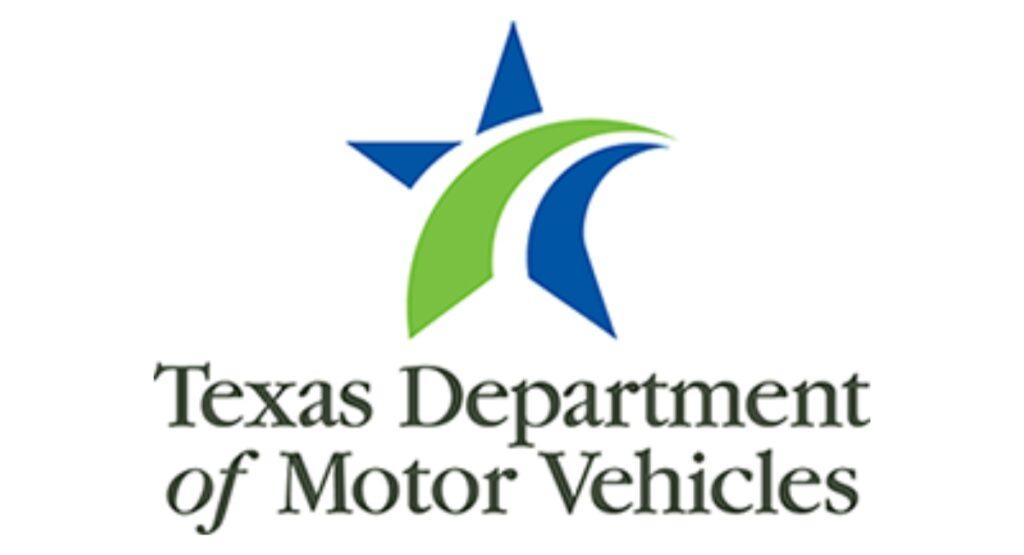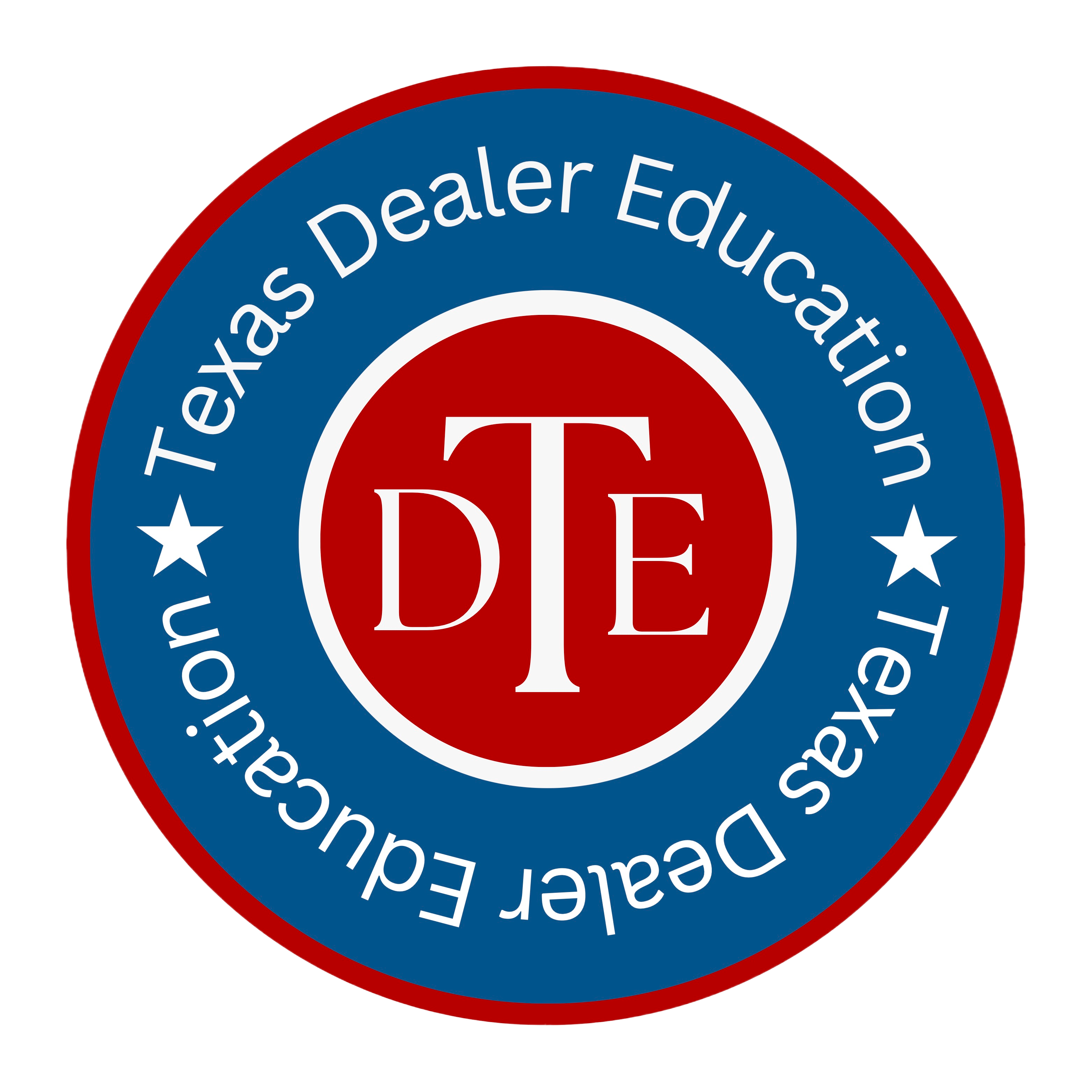Dealer License Requirements (Part 2)

Earlier, we began our discussion of the requirements for a dealer’s license. There’s a lot to understand when it comes to these requirements, so here is part two of that coverage.
Display Areas
A retail dealer must have a display area designated for the dealer’s inventory. The display area must be located AT the dealer’s business address or contiguous with that address. Contiguous meaning connected with. Let’s talk for just a second about a storage lot. A non-contiguous storage lot IS permissible, but only if there’s no public access and no sales activity occurs at the storage lot. You are permitted to have a sign stating the dealership name, the phone number and the fact that it is a storage lot.
Display Areas (Cont.)
Now, your display area has to be large enough for you to fit at least 5 vehicles of the type you’re licensed to sell. These spaces have to be reserved just for your inventory. If you share space with another business, a public parking area, a driveway into the office, or another dealer’s display area, you must separate your inventory with a physical barrier that cannot be easily moved. If someone from the state stops to visit, they will need to be able to easily identify all the vehicles you have for sale on your lot.
If your lot is open after sundown, then it must be adequately illuminated.
According to the Administrative Rules, a display area may not be on a public easement, right-of-way, or a driveway unless the governing body having any jurisdiction of that easement, right-of-way, or driveway expressly consents in writing to use it. Translation: don’t park on the easement.
If the easement, right-of-way or driveway is part of the state highway system, use as a display area may only be authorized by a lease agreement. Translation: generally speaking, you can’t park on the easement!
You may also have your display area inside of a building.
Displaying your Dealer’s License
Your dealer’s license must be displayed in an area where it’s easily visible to the public. If you have additional locations in the same city and all locations are listed on your license, you can make a copy of your license to display at those supplemental locations.
Hey, you got your dealer’s license: show it off!
Additional Locations
If you are opening an additional location within the same city limits as your original location, then another license is NOT necessary. However, you must notify TxDMV within 10 days and you cannot sell cars at that location until that second location is approved by the agency. An amendment application must be submitted through your eLICENSING account for approval. The premises requirements for any additional locations are the same as the original. If your license type requires a bond, then a bond rider will also be required to update the business addresses listed on your bond.
Now, if you are going to open an additional location OUTSIDE of the city limits of your current lot, you will need to get another GDN. This also applies if you’re going to RELOCATE your dealership outside the city limits.
Transferring Vehicles
If you’re transferring vehicles between two of your stores and those two stores have different P numbers, keep in mind you must assign title to the new location when the vehicle is moved to the other store. Much more information on title assignments will be provided in another section.
Moving Locations and Information Changes
General information changes, such as mailing address, email address, or phone number, can be done any time through eLICENSING. You can also notify TxDMV you are closing your dealership directly through your account.
All other licensing changes require an amendment application and must be approved by the agency. These reasons may include changing your business address, ownership, and business name.
All licensing changes should be made via eLICENSING on the TxDMV website at the location you see below.
License Expiration and Renewal
Licenses are good for 2 years and will renew on the anniversary of their original issuance. Keep in mind you are going to want to submit your new bond and your renewal application at least 45 days before it expires. If it expires – and you haven’t renewed within 90 days of expiration – you are out of business and you have to start all over with a new dealer application.
All renewal notices are sent through email; so, make sure you have a valid email address on file and are checking it regularly!
Liability Insurance
While proof of insurance is not technically required to obtain a license, you should obtain garage liability insurance. And that’s because Texas law requires that anyone who owns – or assumes responsibility for – a motor vehicle has to provide auto liability insurance. A dealer with vehicles on the lot is presumably assuming responsibility for those vehicles.
So, where to get this insurance? Consider using an experienced agency that SPECIALIZES in this particular type of insurance. There are ALL KINDS of variables that can be considered when obtaining this insurance and a knowledgeable agent is your best source in this situation.
Keep in mind that car dealerships are magnets for lawsuits. So, getting a discount deal from your brother-in-law on insurance is maybe not the best corner to cut.
Fitness and Felony
So, what about a criminal record, prior enforcement history or civil penalty, can you still get a license? The answer is maybe.
During the application process you will be asked if you or anyone associated with your dealership has ever been convicted, received deferred adjudication, or been court martialed for a felony or misdemeanor offense. You will also be asked if you have ever signed an agreed order, had a previous license revoked or been assessed a civil penalty.
If the answer is yes, you will need to explain the situation and upload any court documents related to each circumstance. You should disclose even a minor offense that occurred many years ago because failure to disclose an offense can cause your application to be rejected. TxDMV will review the facts and determine if you will be issued a license.
Short story here is, don’t lie. Each application undergoes a complete and thorough review for criminal history, disciplinary actions taken on a license, civil penalties assessed and premise requirements. It’s a lot harder to explain why you falsified a government document than providing the information requested.
Last, make sure you do not have any outstanding civil penalties or unresolved enforcement issues in Texas or other states.
